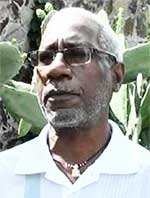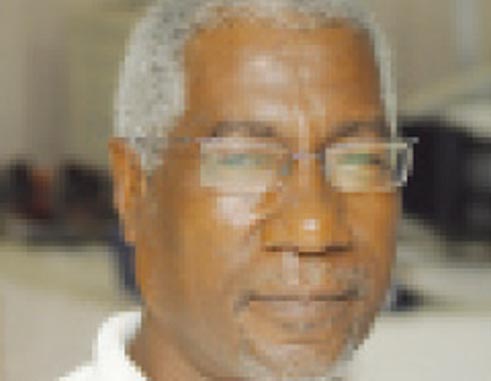
Back in September 1979, Saint Lucia, Dominica and Grenada agreed to discuss participation in a regional police or defense force, with Grenada saying while it supported the idea in principle there would be certain reservations and concerns that would have to be addressed, among them, who did the training and supplied the arms – and the eventual basis of its operation.
The militarization of Eastern Caribbean police forces in countries without armies or defence forces has resulted in the armed police units being treated and expected to act like army detachments attached to police forces, given particular exclusivity in certain areas of deployment — and even dressed in army fatigues at and during official parades.
The IMPACS Report, in its entirety, clearly points to the ways in which rogue elements or officers with less concern about human rights can actually engage in extrajudicial actions that can bring the entire force into disrepute.
Whether the government of Saint Lucia still feels guided by the recommendations of the IMPACS investigators, what is the state of play regarding promised judicial actions, or what the UK, France, the European Union and the USA are saying regarding their insistence that the recommendations be implemented? These are all still unanswered questions.
Is the US still maintaining the sanctions under the Healy Act punishing the RSLPF for IMPACS findings by refusing to provide US arms and technical support to the SSU and the RSLPF’s Coast Guard and banning the RSLPF from participating in any training or other activities for regional police forces funded by the US government? And what of the officers named in the report, who are walking on a tightrope over broken glass bottles insofar as their future is concerned?
One political party and Government vowed to implement the recommendations while another has virtually promised itself it will negotiate its way out of the quagmire, perhaps through implementation of ‘The Art of the Deal’ with President Donald Trump, hoping his ability to stick it to the opposition-dominated US Congress will result in him also kicking the US legislature where it hurts most to make a special case for a special deal for Saint Lucia to be excluded from Healy sanctions — which are also being fully applied to the likes of Mexico and Colombia.
The police forces today are forced to face new challenges piled upon them by the planned or unplanned application of fundamental changes to their structures without the necessary research to guide the decisions that will have caused the new changes, as well as the changes effected following almost every instance of regime change across the region. Clearly, amid the understandable increasing levels of public concern and skepticism about the police force’s ability to police and investigate itself, there’s need for a fundamental review that will not just seek splash-and-dash solutions to more recent problems, but will be comprehensive enough to take a proper historical account of the paths that brought states and the region to where things are right now.
Such a review may also want to consider the historical basis for and whether a national police unit should be described as a ‘force’ (just like the need for a similar review of whether Public Officers should still be called civil ‘servants’). But most important, nations and regional groupings (OECS and CARICOM) need to decide what Caribbean policing units should be in these new times, with a view to auditing the effect of colonial structures and systems inherited after independence, against a background of wanting to develop home-grown units that are part of a regional unit under pure regional control and in pursuit of objectives aimed at always strengthening the independent capacity of the regional unit, without impinging on the national roles outlined by local laws and statutes.
I often tell anyone who’ll listen that armed Caribbean police, defense force or army units deployed to protect public property against protesters today will in no way tolerate the sort of attacks by civilians armed with bottles, sticks and stones, like we see happening in places like Hong Kong and Venezuela, France and many European capitals, for instance.
Trained or not, they will not shield themselves just with shields and batons if more forceful means are at their disposal. I well remember the occasion, many moons ago, when the SSU here was deployed against a protest by public servants and a leading officer deliberately threw the first tear gas canister at his son, who was in the forefront of the protesters holding a banner — and I still think that this level of familiarity is largely still the case in a region of majority small states where nearly every police officer knows nearly every protester.
That level of popular intimacy has its consequences, some challenging but all also providing opportunities for review and informed progress. It’s a long shot, but the sooner the region and its constituent parts start addressing issues with an emphasis on the longer term, the shorter will be the time taken to realize police units that depend less on use of force and more on established policing that continues to be exemplary in those countries where we hear little or nothing about lethal police shootings of unarmed persons, not because it doesn’t happen, but because it hardly does.
I think countries should have armies and police units, but they should not be one and the same — and police officers should not be paid to act like soldiers.










